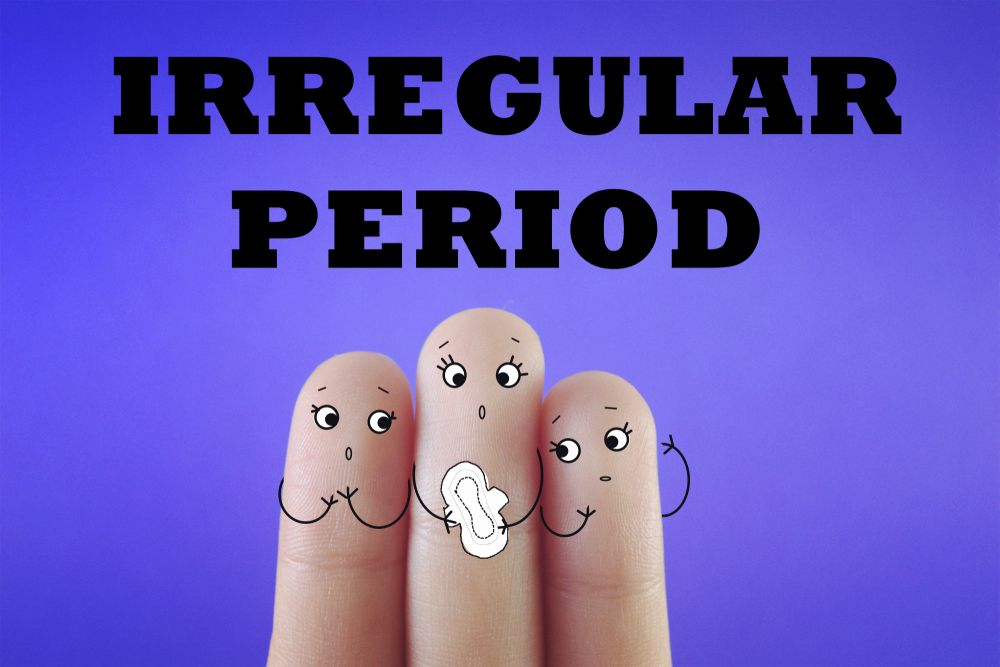
Overview
The average menstrual cycle lasts 28 days, but it is not uncommon to vary by a few days each time.
You have irregular periods if the length of your menstrual cycle keeps changing. They are not always a sign of a problem, but it is a good idea to see a doctor about them if it is an ongoing issue.
Key facts
- Many women will experience irregular periods at some point in their lives
- Irregular periods include periods that are lighter, heavier, arrive unpredictably, or last longer or shorter than the average
- If the periods are less than 21 days apart or more than 35 days apart, there could be an underlying cause that is making you more irregular
Symptoms & Diagnosis
Symptoms
You do not need to get medical advice if you have always had slightly irregular periods or are going through puberty. However, you should see a doctor if:
- You are under 45, and your periods suddenly become irregular
- You have periods more often than every 21 days or less often than every 35 days
- Your periods last longer than seven days
- There is a big difference (at least 20 days) between your shortest and longest menstrual cycle
- You have irregular periods, and if you are struggling to get pregnant
Diagnosis
There might not be anything wrong, but it is a good idea to check out to see if there’s an underlying cause. You might be referred to a gynaecologist if you require further tests or treatment.
Causes & Prevention
Causes
Sometimes irregular periods may just be the ‘normal’ for you. However, there are many possible causes of irregular periods, including:
- The start of menopause (usually between the ages of 45 and 55)
- Early pregnancy
- Some types of hormonal contraception, such as the contraceptive pill or an intrauterine system (IUS)
- Extreme weight loss or weight gain, excessive exercise or stress
- Medical conditions – such as polycystic ovary syndrome (PCOS) or a problem with your thyroid
- Puberty – your periods might be irregular for the first year or two.
Treatments
There are a few measures you can take at home to help regulate your periods:
- Take birth control as prescribed
- Eat a balanced diet
- Get regular exercise to maintain a healthy weight
- Manage and reduce your stress
If these measures do not help and your period continues to be irregular for a few cycles, you may require medical treatment. The following treatment options are available if an underlying medical condition is causing irregular periods:
- Hormone therapy such as oestrogen or progestin
- Metformin to treat PCOS and insulin resistance
- Thyroid medication
- Surgery to remove fibroids that may be causing menstrual irregularity
- Changes to your hormonal birth control if it is causing menstrual irregularity.
Conclusion
Irregular periods can usually be resolved with some lifestyle changes. If your periods are irregular or other symptoms, start to occur, speak with your doctor.
MOST COMMON






